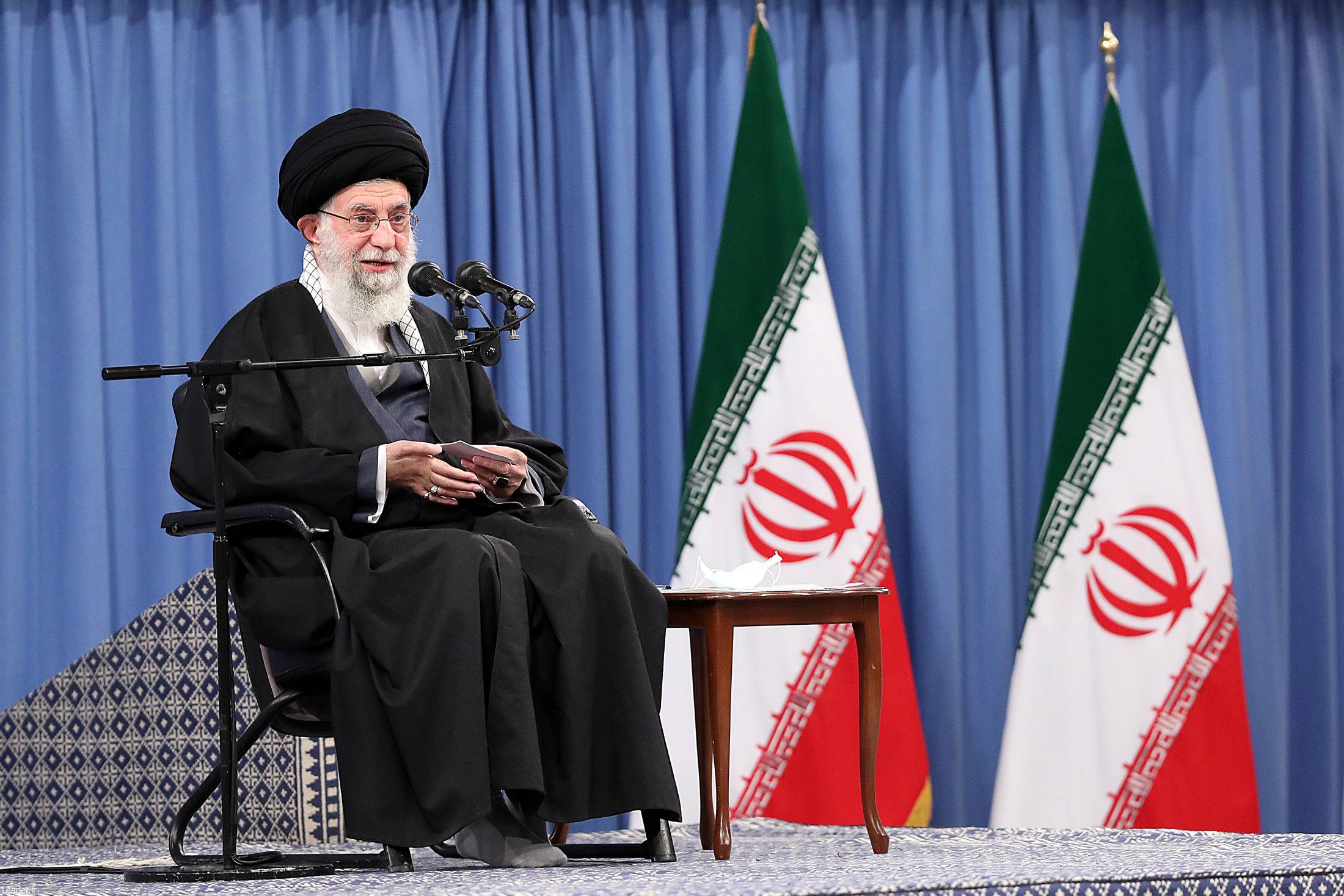As red herrings go, Iranian Supreme Leader Ali Khamenei’s "fatwa,” or religious ruling, against nukes has grown funky with age. But that hasn’t stopped officials in Tehran from airing it when convenient, or kept their counterparts in Washington from breathing it in.
First floated in 2003, the fatwa surfaced again this week when Intelligence Minister Mahmoud Alavi said Iran would develop a nuclear weapon if the U.S. and other Western nations kept up economic and political pressure on the regime. "The supreme leader clearly said in his fatwa that producing nuclear weapons is against religious law and the Islamic Republic will not pursue it and considers it forbidden,” Alavi said on state TV. "But [if] they push Iran in that direction, it would not be Iran’s fault but the fault of those who pushed Iran.”
This is only the latest of Tehran’s attempts to pressure the Biden administration into lifting the sanctions imposed by President Donald Trump. It comes amid speculation about how long it would take Iran to build a nuclear weapon — a matter of weeks, six months or up to two years, depending on who’s speculating.


















With your current subscription plan you can comment on stories. However, before writing your first comment, please create a display name in the Profile section of your subscriber account page.